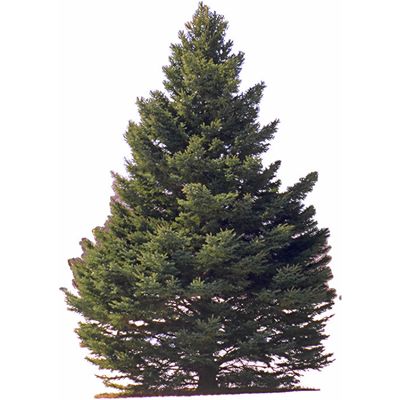From Longman Dictionary of Contemporary Englishpinepine1 /paɪn/ ●●○ noun 1  HBPTAF[countable, uncountable] (also pine tree) a tall tree with long hard sharp leaves that do not fall off in winter an ancient pine forest2 TIMHBA[uncountable] the pale wood of pine trees, used to make furniture, floors etc a pine table
HBPTAF[countable, uncountable] (also pine tree) a tall tree with long hard sharp leaves that do not fall off in winter an ancient pine forest2 TIMHBA[uncountable] the pale wood of pine trees, used to make furniture, floors etc a pine table
 HBPTAF[countable, uncountable] (also pine tree) a tall tree with long hard sharp leaves that do not fall off in winter an ancient pine forest2 TIMHBA[uncountable] the pale wood of pine trees, used to make furniture, floors etc a pine table
HBPTAF[countable, uncountable] (also pine tree) a tall tree with long hard sharp leaves that do not fall off in winter an ancient pine forest2 TIMHBA[uncountable] the pale wood of pine trees, used to make furniture, floors etc a pine tableExamples from the Corpus
pine• I feed him, then leave him silent and contented on the branch of a pine by the cabin.• I liked to linger in the shadow of a pine green corridor.• a grove of pines• The scent and hissing of pine needles make him believe he's in a hospital where nurses pass by him.• The graceful brass plated trimmings and finials are complemented here by the solid pine Osborne surround.• This block is dovetailed into the pine framing of the sides so it can be slipped off for disassembly.• We nodded, opened the door and ran outside under the pine trees, eager to wallow in our laughter.• Gourd artist Alice Hunter of Tavares will teach pine-needle weaving, demonstrating how to decorate rims of gourds with pine needles.• The scientists injected the fungus into young pine trees, which were then placed in pots.pinepine2 verb [intransitive] WEAKto become sad and not continue your life as normal because someone has died or gone away Six months after he left, she was still pining. → pine away → pine for somebody/something→ See Verb tableExamples from the Corpus
pine• The girls who pined and died for love would nowadays be thought anorexic.• For months Jennifer stayed at home, pining away for Jack.• She thinks I am pining away from love.• The Smiths and our time are about pining for a home.• I left my office chair to pine for my speedy return and took myself over to the window.• Yet how he must have pined for recognition from Placide.Origin pine1 (1000-1100) Latin pinus pine2 Old English pinian, from pin “punishment”, from Latin poena; → PAIN1 
